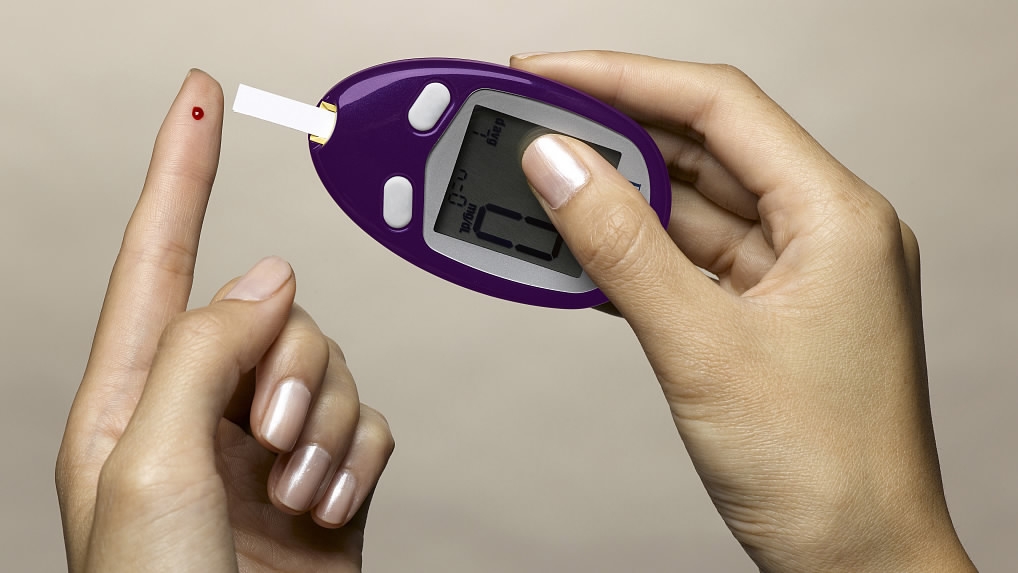
Tech & Sci
10:19, 14-Aug-2017
Study finds team-based online game helps patients manage diabetes

A team-based online game designed to improve diabetes self-management appears to be effective in helping patients lower their hemoglobin A1c (HbA1c), a key measure of diabetes control, according to results of a randomized controlled trial.
The reduction is similar to what would be expected from a patient that starts a new diabetes drug, according to results published this week in the US journal Diabetes Care.
For the study, researchers from Brigham and Women's Hospital and the Veterans Affairs Boston Healthcare System enrolled 456 Veteran Affairs diabetes patients from the eastern US, all of whom took oral diabetes medications but had inadequate glucose control.
Half were randomly assigned to the team-based online game, known as diabetes self-management education (DSME), while the other half were assigned to a civics education game to serve as a control group.

VCG Photo
VCG Photo
The DSME game presents a player with a multiple-choice question related to glucose management, exercise, long-term diabetes complications, medication adherence and nutrition.
The game also included detailed explanations for the answers, a "take-home message" and references.
Participants were sent two questions every Tuesday and Thursday by email or mobile app.
After answering the question, they were immediately presented with the correct answer and an explanation, and the same question would be sent again around four weeks later to reinforce the concept.
Participants earned "points" for correctly answering questions and were assigned to teams based on their geographic region. Individual and team scores were posted on leader boards to foster a sense of competition and community.

VCG Photo
VCG Photo
The game took place over a six-month period and levels of HbA1c, a common measure of long-term blood glucose control, were tested at enrollment, six months and 12 months after the launch of the game.
Overall, diabetes game participants had significant reductions in HbA1c levels – a drop of 0.74 percent compared to 0.44 percent for the control group.
Patients who had the highest HbA1c levels before the game began saw the most dramatic drops in HbA1c over the 12 month period.
"Among the subgroup of patients with uncontrolled diabetes, we saw a reduction in HbA1c levels that you would expect to see when a patient starts a new diabetes medication," said study author B. Price Kerfoot, an associate professor of surgery at the Brigham and Women's Hospital who is on faculty at the Veterans Affairs Boston Healthcare System.
"Although their blood glucose levels were still above the target range, this was a strong step in the right direction, and resulted in a sustained and meaningful improvement in blood glucose control," Kerfoot said. "This game represents a small time commitment for patients, but potentially a big impact for their health."
10849km
Source(s): Xinhua News Agency

SITEMAP
Copyright © 2018 CGTN. Beijing ICP prepared NO.16065310-3
Copyright © 2018 CGTN. Beijing ICP prepared NO.16065310-3